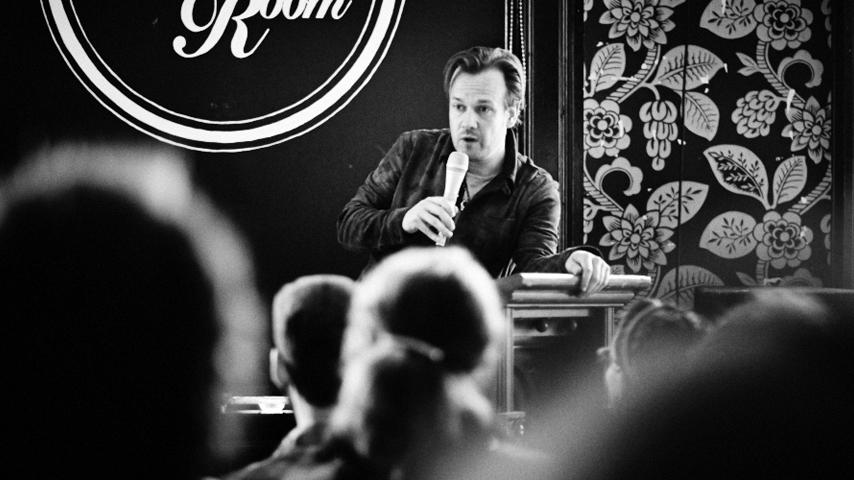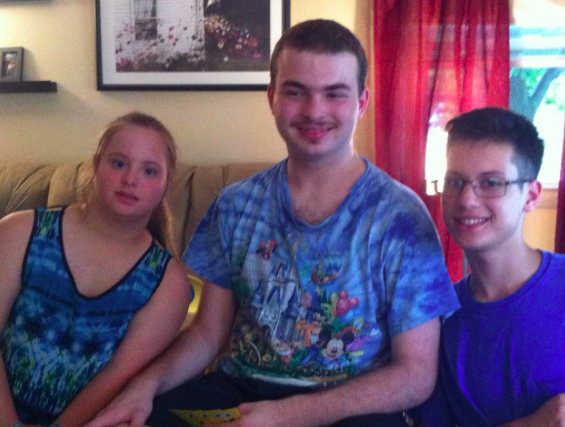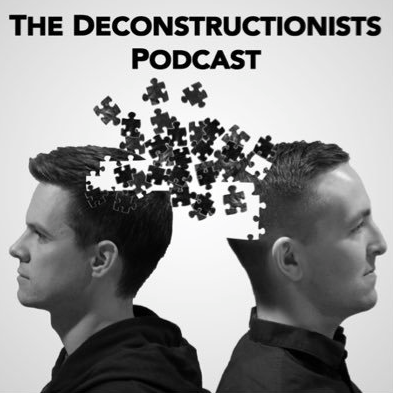Welcome to Spark My Muse!
• Each FRIDAY I invite guests to have a conversation with me!
• Come back each Wednesday
(on “Hump Day” aka Midweek) for a brief Soul School “lesson”.
HOW FUNDING WORKS:
The difficult truth is that even though listening is free, Spark My Muse costs hundreds of dollars out of my own pocket each month to create, produce, and host online–and takes 25-30 hours of work per week to keep it afloat–which keeps me from making income to pay my own normal bills like electricity and water. The good news is that Listeners give so kindly (at over 3 times the average!!) to support the show–not just because my particular listeners are high-quality people (they are!), but because of that awesome feeling that happens each time we help out someone else when they need it most. $5 or $10 makes a BIG difference – Thank you for helping too!
(Want to have the power to share Peter Rollins audio for yourself? Just use the Clammer app below to select a snippet! Click the red and white logo.)
Podcast: Play in new window | Download (Duration: 51:10 — 70.3MB) | Embed
Subscribe to Spark My Muse Apple Podcasts | Spotify | Email | TuneIn | RSS | Subscribe to Spark My Muse
SHOW NOTES:
So many show notes!

MIN 1:30
How the use of story enhanced Peter’s talks.
Video Example:
The Power of Parable from Peter Rollins on Vimeo.
His book containing parables:
His “friend” Sheamus
Pints and Parables events
4:30
Pub culture in Ireland and not running from doubts and pain.
(Repression is the term in psychoanalysis)
Sharing in each other’s suffering.
[ictt-tweet-inline via=””]Parables are a technology that help us look at painful things not directly so we can cultivate a grace in our lives and toward other people.[/ictt-tweet-inline]
(You can instantly tweet this quote above by clicking the blue bird. Look for other blue birds in these show notes.)
9:00
JRR Tolkien
Eucatastrophe (a good undoing, like the kind that happen in Fairy Stories)
Irish culture / music / art
Shane Tucker’s podcast
The 18 foot woman in a dress at IKON. Ravel and unravel.
13:30 Pete’s Memento Mori

Something to remind you of death.
• Pete’s happy reaper memento mori.
• Lack and nothingness has a painful side but there is a way to find a fuel from it for life and living.
The painters called the Dutch Masters featured a theme: Vanity / futility of life.

The authentic, lively and cohesive pub [juxtaposed with] the vacuous and lonely night club.
[ictt-tweet-inline via=””]We already are depressed and don’t know it.[/ictt-tweet-inline]
We say “Gone and not forgotten.”
The truth is usually “Forgotten but not gone.”
19:00
Believing in ghosts and hauntings.
A ghost is the presence of an absence.
Community can help us with our ghosts and make peace with them.
22:00
Friendly Fire Event (link)
Pyrotheology from Peter Rollins on Vimeo.
PyroTheology – Theory and Technology
5 academics
Engaging the Journal looking at the 5 critiques
Facebook LIVE events (link)
Philosophy for the streets
26:00
WAKE (2017) Festival in Belfast
Irish way to remember the life of the one who has dies and celebrate life for the living.
30:30
The Divine Magician (book link)
“God talk is often talk about ourselves with a megaphone “ -Karl Barth
The Vanishing Act of God the purposeful ambiguity in the title (Is God vanishing or doing the vanishing?)
Who is the magician? The Priest? The believer? God?
Liturgy is the technology of Theology.
The sacred object: The Forbidden Fruit is the first sacred object.
Video of Pete:
Tearing The Temple Curtain from Peter Rollins on Vimeo.
[ictt-tweet-inline via=””]God is not an object that we love. God is that which we find in the act of love itself.[/ictt-tweet-inline]
3 Elements of the magic trick: The Pledge (The Object), the Turn (The Disappearance), the Prestige (The Object returns as something else)
[ictt-tweet-inline via=””]The Eucharist includes the 3 parts of the magic trick.[/ictt-tweet-inline]
40:00
Pete’s event and speaking schedule
On naps!
45:00
Costs of living and why he lives in LA now.
Freedom from the pursuit of what will make you happy.
[ictt-tweet-inline via=””]The tyranny of happiness is at its worst in Los Vegas and LA[/ictt-tweet-inline]
47:30
The serpent says,
“If you eat the fruit then you will be like God.”
(To lack the lack that we feel.)
• The serpent is called the superego in psychoanalysis.
Crush the head of the serpent.
49:00
Why and how Pete jogs in LA
Some other books by Pete you should check out!
Thank you for listening.
If you enjoyed this episode, please share it with someone else
and leave a rating on iTunes so more people find it!
Listen to the some of the most recent episodes by clicking below.
Pick the best option for you below.












